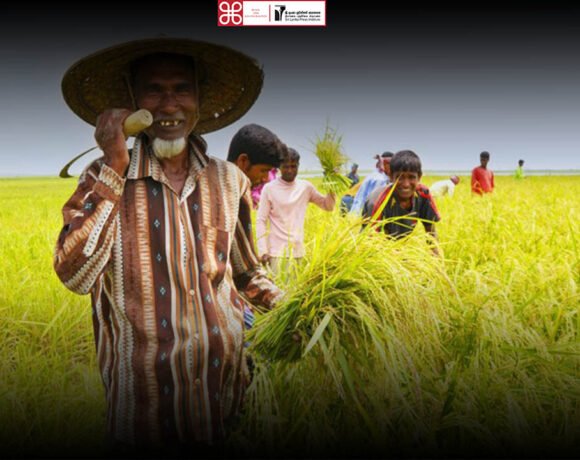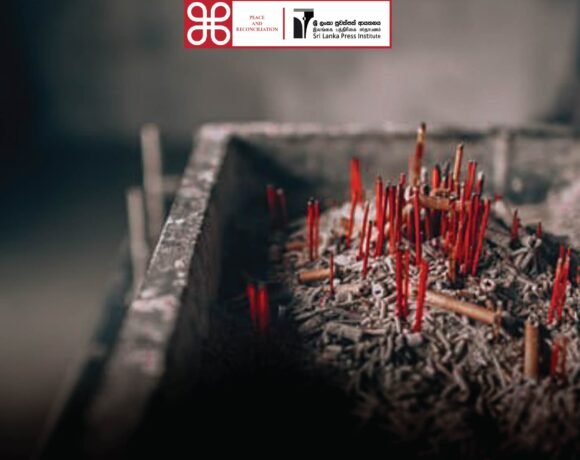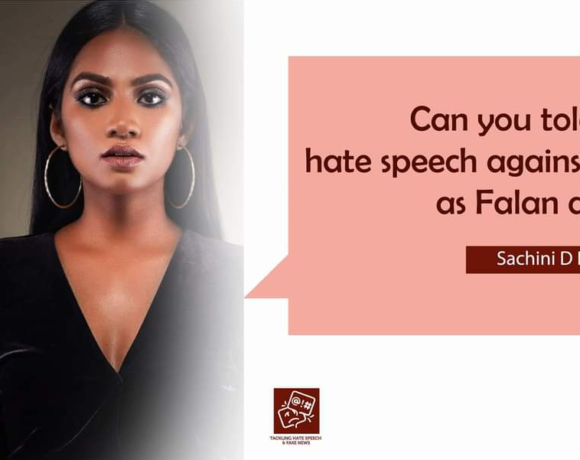
The Virus That Institutionalised Discrimination- Part 1
Neville Uditha Weerasinghe
We can identify three major turning points of racial tensions that arose against Muslim citizens in the recent post-war history of Sri Lanka. The anti-Muslim violence that erupted in Aluthgama on the 15th of June, 2014, the Kandy anti-Muslim riots of 2018, and the anti-Muslim violence that erupted as a result of April 21, 2019, Easter Sunday attacks are the three salient incidents.
During the Civil war in Sri Lanka, the Buddhist extremists identified the Tamil citizens in Sri Lanka as the ‘other’ or enemy. However, since the end of the war, it is clear that this antagonism from extremist parties is gradually being shifted towards Muslim citizens. Even with the spread of the COVID-19 virus, we can clearly observe how the extremist parties have established the Muslim Community as the ‘other’ or the enemy. This article will discuss how the Sri Lankan Muslims were turned into the ‘other’ with the first COVID-19 wave.
With the first wave of COVID-19 in Sri Lanka in March 2020, we observed the hate speech against the Muslim citizens linked to the COVID-19 virus, on social media, and in the mainstream media. We were able to observe this situation internationally as well.
After the first COVID case was reported in Sri Lanka on the 2nd of March, 2020, a police curfew was imposed on the 14th of March 2020. Even in the beginning of the spread of the virus, both mainstream media and social media spread hate speech against the Muslim citizens of the country. This was done by revealing and deliberating the religious identities of those who died from the virus. It went so far as to accuse the Muslim citizens of being responsible for spread the virus (CPA).
At the 44th session of the UN Human Rights Council, UN High Commissioner for Human Rights Michelle Bachelet said she was “disappointed” by reports that Muslims in Sri Lanka were being ostracized.
“I am dismayed by reports indicating that in many countries, members of minority communities and migrants face increasing stigmatization – including, in some cases, by officials. In Sri Lanka and India, members of the Muslim minority are being targeted by stigma and hate speech associating them with COVID-19,” she stated.
Prior to submitting a report to the UN Special Rapporteur on the Elimination of Intolerance and Discrimination Based on Religion or Belief in 2020, Amnesty International released a report on the continuing persecution of Muslims in Sri Lanka according to the Tamil Guardian. This report, released on June 16, 2020, highlights the continuing violence and discrimination against Muslims, as well as the prejudiced and unfair manner in which the Muslim community is treated during the COVID-19 pandemic.
A report released by the Government Medical Officers’ Association and the Information and Communication Technology representatives identified the Muslim Community “as a variant of their methodology” and also identifies the Muslim population as “a high-risk community in the COVID-19 status quo”. The Watchdog Organisation accused the GMOA of discrimination and racism. This report was also heavily criticized by the progressive activists on Social Media.








